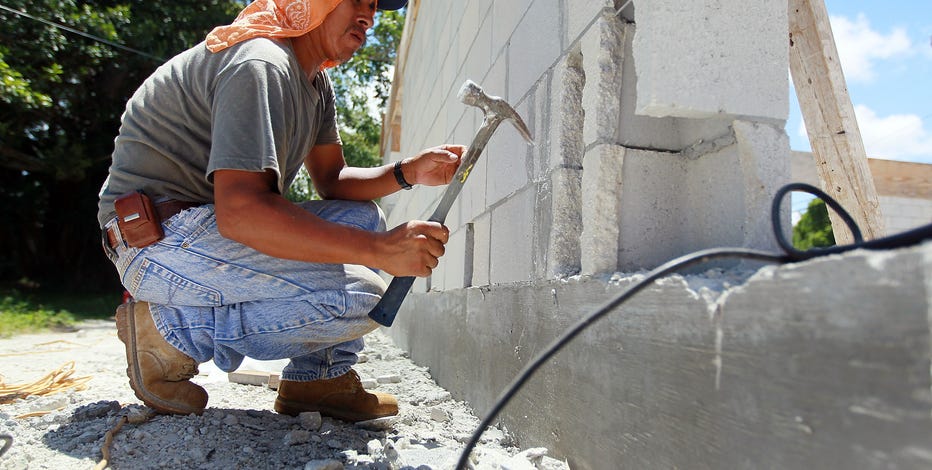DeSantis: No more lab-grown meat in Florida
Florida lawmakers move to ban lab-grown meat
Gov. Ron DeSantis is backing a bill which would prevent lab-grown or cultivated meat from being sold in the state of Florida. According to House Bill 435, if a restaurant sells lab-grown meat, it is subject to disciplinary action or could have its license suspended.
TALLAHASSEE, Fla. - Gov. Ron DeSantis on Wednesday signed a controversial measure that will bar selling or manufacturing lab-grown meat in Florida and prevent local regulation of electric-vehicle charging stations.
DeSantis said the bill (SB 1084), which includes a series of changes related to the state Department of Agriculture and Consumer Services, will protect the state’s cattle industry against "an ideological agenda that wants to finger agriculture as the problem."
"One of the things that these folks want to eliminate is meat production in the United States," DeSantis said while behind a podium stating "Save Our Beef" at the Hardee County Cattlemen's Arena in Wauchula.
Opponents have contended that preventing sales or manufacturing of lab-grown, or cultivated, meat will halt innovation and create barriers for the free market.
The bill, in part, will make it a second-degree misdemeanor to sell or manufacture cultivated meat. The manufacturing process includes taking a small number of cultured cells from animals and growing them in controlled settings to make food.
The measure doesn’t prohibit cultivated-meat research because of concerns that such a ban could affect the space industry, which is looking at cultivated meats for long-term space journeys. The bill passed during the legislative session that ended March 8.
Backers of cultivated meat argued during the session that the bill could increase concerns by venture capitalists about investing in Florida.
"A ban like this threatens a free market and sets a dangerous precedent for government interference," Emily Bogan, of New Jersey-based Fork & Good, Inc. told a House panel in February. "We want to ensure that affordable meat is available for generations to come."
Justin Kolbeck, co-founder of San Francisco-based seafood company Wildtype, said during the same House meeting that the measure will likely announce Florida as "closed."
"Far from protecting American jobs, banning cultivated seafood in the United States will deepen our country's dependence on imports from countries like China," Kolbeck said. "This ban will create Chinese jobs at the expense of small businesses like mine. And this ban will also stifle innovation in Florida as investment dollars are redirected towards more business-friendly states."
The bill also drew debate because it will prevent local governments from regulating electric-vehicle charging stations. It will place oversight of electric-vehicle charging stations under the Department of Agriculture and Consumer Services, which already regulates pumps at gas stations.
Supporters argued the change will eliminate a "patchwork" of requirements that businesses face across the state.
But Kim Ross, of ReThink Energy Florida, called the proposed preemption "overreaching" and warned it could "stifle" growth in the industry.
A Senate staff analysis during the session said Florida had 3,230 public charging stations in 44 of the 67 counties.
A 2021 state law prohibited local governments from mandating such things as electric-vehicle charging stations on gas retailers. That law was in reaction to a move by Petaluma, Calif., to ban new gas stations with the intention of accelerating the shift to electric vehicles.




